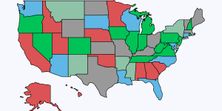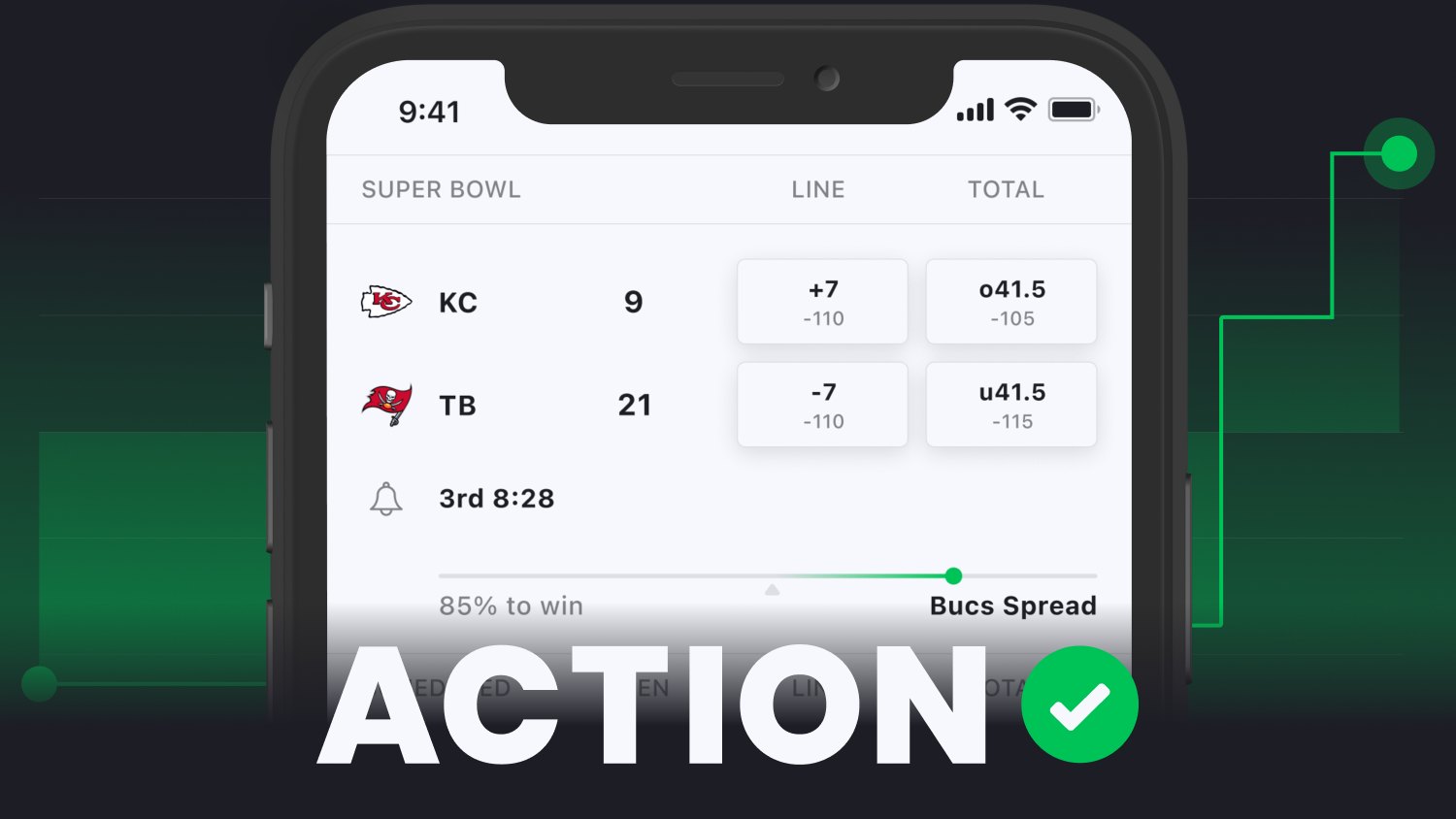Florida Sports Betting Updates and Next Steps
Joe Raedle/Getty Images. Pictured: Florida Gov. Ron DeSantis.
Competing groups of would-be Florida sports betting stakeholders are advancing avenues to legal wagering in what would be the nation’s largest retail and possibly online sports betting market. Meanwhile, a Florida pari-mutuel ownership group has filed the first of what could be multiple lawsuits that could delay, alter or prohibit legal wagering.
Here’s where sports betting legalization hopes stand in the Sunshine State:
Compact Decision Looms
Florida Gov. Ron DeSantis and the Seminole Tribe of Florida announced a groundbreaking compact agreement in April that would give the Seminoles expanded gaming options including the rights to open retail sportsbooks, its own statewide mobile sportsbook and partner with pari-mutuel facilities for additional betting options. Though industry stakeholders widely agree the deal permits the tribe retail sportsbook rights on its own sovereign lands, the other two options are in legal jeopardy.
Federal statute, and ensuing court decisions, have prevented Native American gaming tribes from accepting bets through the internet that are placed outside tribal lands. Though tribes that reach agreements with their respective state governments can offer a wide variety of games on tribal lands, there has previously been no legal avenue to do so through online wagering.
DeSantis and lawmakers in the Florida Legislature who championed this compact have argued that an arbitrator’s decision in Oklahoma clears the legal avenue to expand gaming off tribal lands. They also cite New Jersey’s sports betting structure, which determines all bets wagered in the state are technically placed in Atlantic City because it houses the sportsbooks’ computer servers.
Many legal analysts disagree. The strict wording of the federal tribal gaming law, as well as court decisions in California and Michigan, carry the highest legal weight and supersede any other potential legalization avenue.
The approval decision now rests with the federal Department of the Interior, which must approve or reject any tribal gaming compact. It can also allow certain parts of a deal while striking down others.
The retail sportsbooks seem like a safe bet, but the Seminole-run statewide mobile betting option, as well as the “hub-and-spoke” partnership between the tribe and pari-mutuel facilities for additional sportsbooks, would seem to fail legal muster.
The Interior Department’s decision is due by the end of July or early August. Ruling against the Seminoles would stop Florida statewide mobile betting. An affirmative decision would, seemingly, upend federal law and precedent and open a new online gaming opportunity for hundreds of tribes across the country.
Sportsbook Operators Push Amendment
Months after the Seminole compact was announced, DraftKings and FanDuel introduced a ballot referendum push that could allow voters to approve statewide mobile betting independent of the tribe.
Working under the political action committee Florida Education Champions, the sportsbook titans and other supporters are beginning a signature petition drive in hopes of placing a question before voters on the 2022 ballot. The measure requires roughly 900,000 valid signatures.
If certified for the ballot and approved by 60% of voters, sportsbooks operating in at least 10 other states for at least the previous year could apply for Florida sports betting licenses. By next year, a dozen or more sportsbooks could meet that threshold if they haven’t already, including BetMGM, PointsBet, Caesars, Barstool Sportsbook, WynnBet and BetRivers.
If approved, any qualified operator could accept mobile bets from eligible bettors anywhere within Florida state lines. Sportsbooks would not have to partner with an existing land-based gaming operator.
This open, competitive market could make Florida’s the nation’s most lucrative.
Getting there won’t be easy.
In addition to the months-long signature collection drive, which could cost the measure’s proponents millions, voters will then have to approve the measure in 2022, which is no sure bet. The Seminole tribe, which spent millions on a 2018 amendment that prohibits the legislature from passing gaming bills without voters’ approval, has publicly opposed the commercial operators’ drive.
The ballot measure language also requires the legislature to pass follow-up legislation. This would seemingly fall under the 2018 amendment’s purview and require a separate voter approval.
Additional Challengers Already Lined Up
Meanwhile, a Florida pari-mutuel operator is already looking to stop the Seminole compact. They likely won’t be alone.
Southwest Pari-mutuels, which operates Bonita Springs Poker Room and Magic City Casino, have challenged that the compact violates federal tribal gaming law’s restrictions on off-tribal land betting. The plaintiff hopes to stop the compact from taking effect while it awaits a court decision.
Anti-gambling groups such as No Casino are also expected to seek legal remedy against the compact. No Casino testified against the deal during legislative deliberations earlier this year and has argued it violates the 2018 amendment.
All this adds to the ongoing questions surrounding what would be the biggest prize in the legal U.S. sports betting market. There are two major avenues for legal sports betting in Florida, but both are facing multiple legal and/or logistical hurdles, all of which could compound in the coming months and years.
How would you rate this article?



